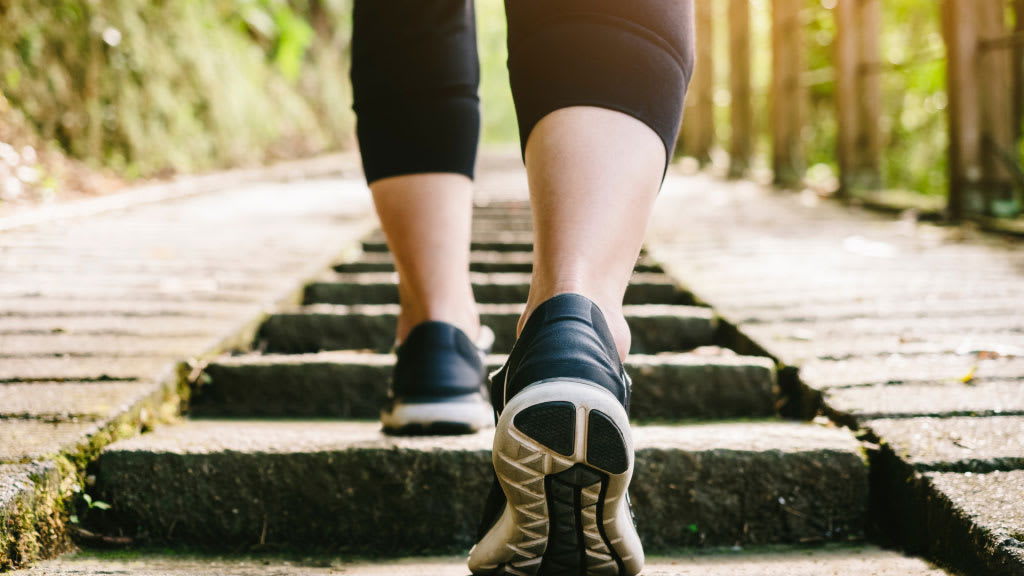14 Proven Tips to Maximize Muscle Recovery

14 Proven Tips to Maximize Muscle Recovery: Nutrition, Lifestyle, and More
Muscle recovery is essential for improving performance and avoiding injury after exercise. While there are no shortcuts, the most effective recovery strategies involve a combination of good nutrition, proper hydration, rest, and lifestyle habits. In this article, we’ll explore 14 proven tips to help maximize your muscle recovery and get the most out of your workouts.
Categories of Tips for Muscle Recovery
We’ve divided these recovery tips into five categories to help you improve muscle recovery:
- Foods
- Drinks
- Supplements
- Lifestyle Habits
- Things to Avoid
While these tips offer excellent ideas, it’s important to consider your personal goals, fitness level, and body type when determining which strategies work best for you.
Foods for Muscle Recovery
What you eat plays a significant role in muscle recovery. Here are some essential dietary tips for improving muscle repair:
- Protein Post-Workout
After exercise, your muscles undergo stress and minor damage. Consuming protein post-workout helps repair these muscle fibers. Aim for about 1.6 grams of protein per kilogram of body weight daily to maximize recovery. Protein-rich meals or shakes are ideal for muscle growth. - Protein Pre-Workout
While post-workout protein is crucial, pre-workout protein can also support muscle recovery by ensuring your body has the necessary amino acids. However, overall daily protein intake is more important than the exact timing. - Carbohydrates Post-Workout
Your body uses glycogen as the primary energy source for high-intensity workouts. Consuming carbohydrates after exercise helps replenish glycogen stores and promotes muscle repair. Combine carbs with protein for enhanced recovery. - Eat a Balanced Diet
A balanced diet ensures you get the nutrients required for muscle recovery. Focus on:- Healthy proteins: beans, tofu, lean poultry, eggs
- Heart-healthy fats: olive oil, avocados, nuts, seeds
- Fruits and vegetables: packed with vitamins and minerals
Drinks to Boost Muscle Recovery
Hydration is key to muscle repair. Here are some drinks that can enhance your recovery:
- Stay Hydrated
Dehydration can impair muscle recovery. Ensure you drink enough water, especially if you’ve exercised in hot or humid conditions. A good rule is to drink 1.5 liters per kilogram of body weight lost during exercise. - Cherry Juice
Cherry juice has been shown to reduce inflammation, muscle damage, and soreness. A 2022 review confirmed its effectiveness, especially when consumed a few days before intense exercise.
Supplements for Muscle Recovery
Supplements can complement a healthy diet, but they should not replace good nutrition. Here are two widely used supplements:
- Creatine Monohydrate
Creatine has been shown to improve muscle strength and support recovery by reducing muscle damage and inflammation. It’s one of the most researched supplements and can help replenish glycogen stores. - Protein Powder
Protein powders provide a convenient source of complete protein. Popular options include whey, soy, and casein protein. These can help you meet your daily protein needs for optimal muscle recovery.
Lifestyle Habits for Muscle Recovery
Your overall lifestyle plays a big role in muscle recovery. Consider these recovery-enhancing habits:
- Sleep More
Sleep is essential for muscle repair. When you sleep, your body produces hormones that aid muscle growth and recovery. Aim for at least 7-9 hours of sleep, and professional athletes often sleep 10 hours or more. - Massage
Regular massage can help reduce muscle soreness and improve flexibility. Studies show that it can significantly decrease delayed onset muscle soreness (DOMS) and promote relaxation after exercise. - Compression Garments
Compression garments may help reduce muscle soreness and improve recovery. While evidence is limited, a 2019 study showed that they helped German handball players recover faster after training. - Cryotherapy
Cryotherapy, or cold therapy, involves exposure to extremely cold temperatures for a short period. It can help reduce inflammation, pain, and fatigue, speeding up recovery after intense workouts.
Things to Avoid for Faster Muscle Recovery
Certain habits can hinder muscle recovery. Avoid the following:
- Alcohol
Alcohol consumption can interfere with muscle recovery by disrupting sleep quality, increasing inflammation, and impairing protein synthesis. Excessive alcohol may also increase the risk of muscle loss in the long term. - Tobacco
Smoking tobacco negatively impacts the musculoskeletal system. While research is limited, smoking may increase the risk of muscle injury and slow down recovery.
How Long Does Muscle Recovery Take?
Recovery time varies based on the intensity of your workout. After a light workout, muscles may recover within 24 hours, while more intense sessions can require 2-3 days. Extremely demanding exercises may need longer recovery periods.
Factors that affect recovery time include:
- Sleep quality
- Nutritional intake
- Stress levels
- Workout intensity
Preventing Injury During Muscle Recovery
To avoid injury, gradually increase your workout intensity and volume. Pushing yourself too hard too soon can lead to muscle strains and overtraining.
A well-structured workout program that alternates muscle groups gives each group ample time to recover. For example:
- Monday: Back and biceps
- Wednesday: Chest and arms
- Friday: Legs and core
Complications from Inadequate Recovery
Failing to allow your muscles time to recover can increase the risk of injury and reduce workout performance. Overtraining causes micro-tears in muscles, which, if not allowed to heal, can lead to muscle strains.
Frequently Asked Questions
- Can I workout with sore muscles?
Yes, it’s generally safe to work out with sore muscles, but avoid pushing through pain that could indicate an injury. - What’s best for muscle recovery?
Adequate sleep, hydration, and nutrition are the keys to successful muscle recovery.
Maximizing muscle recovery is essential for improving performance and preventing injuries. A combination of good nutrition, adequate sleep, proper hydration, and lifestyle habits is your best approach. Follow these tips, listen to your body, and allow your muscles the time they need to recover fully.


